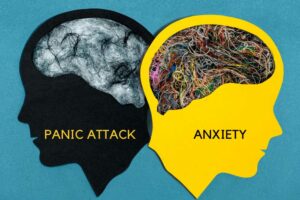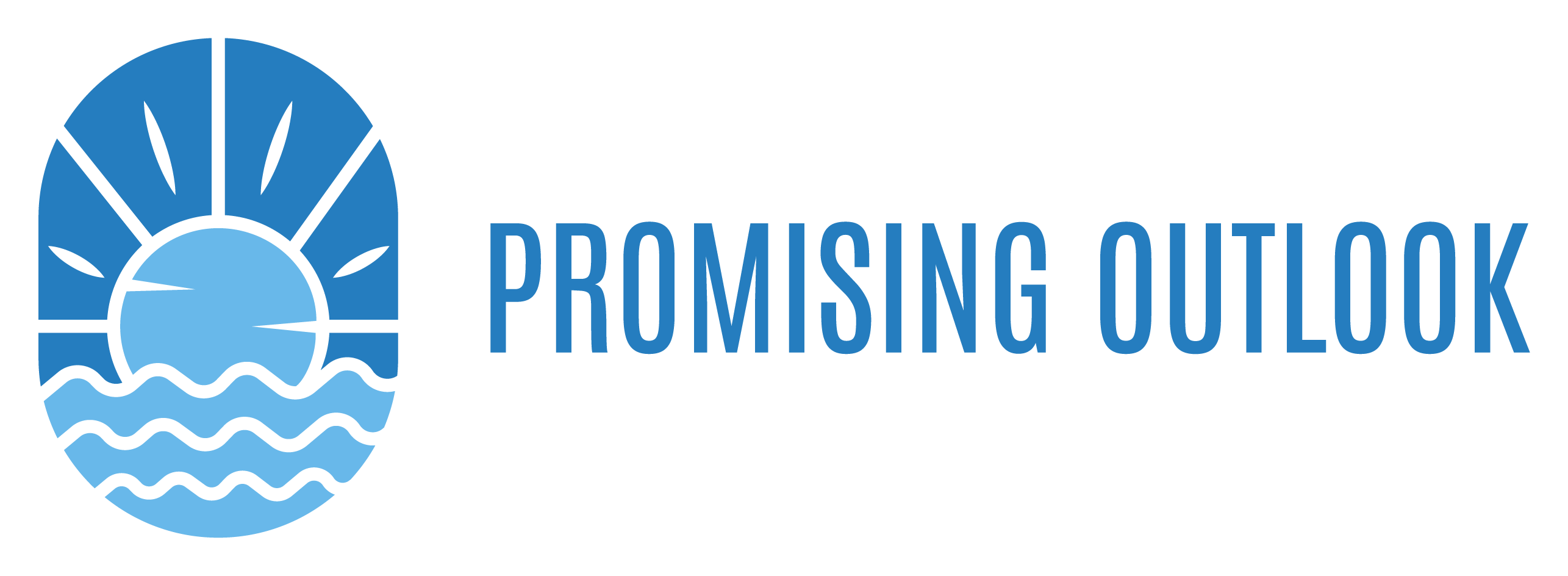At first, she didn’t drink very much, except when she went to parties in college, and those don’t count, right? She graduated, started her career, and all was well. As she got to know her co-workers better, invitations to Happy Hour started coming her way. From time to time she would have a glass of wine at lunch, which made the afternoon more relaxed. She thought it might be nice to keep wine and some appetizers at home in case she had company. But she found that she had to replace the wine more and more frequently, whether or not she had had company.
Happy Hour became a more frequent thing and began to last later into the evening. One night after she got home, she realized that she didn’t remember how she got home. She checked her phone and found that she had sent a couple of text messages that she didn’t remember sending. It frightened her that she couldn’t remember parts of the evening, and she wondered if she had a drinking problem. She felt ashamed and alone, and she was scared.
Many of us have been there. You are the only one who can decide if you have a drinking problem, but there are some guidelines that can help you decide whether or not you do.
Signs That Your Drinking May Be a Problem
Numerous articles have been written about signs that your alcohol consumption may be changing from enjoying having drinks with friends, which is perfectly fine, to a habit that is creating problems for you, which isn’t. You may have a problem if some of the problem are true for you:
- You drink more than you planned to on a regular basis, if you decide that you are going to limit yourself to a certain number of drinks and go over that limit on numerous occasions
- Drinking is the only way you can relax
- You feel guilty or ashamed about drinking
- You try to hide your drinking
- Your social life revolves around drinking
- You spend more time drinking and it is replacing activities that you used to enjoy
- You spend a lot of time drinking, thinking about drinking, or recovering from drinking
- If you frequently have five or more drinks at one time, which some experts define as “binge” drinking
- If you have more than one story about a time when drinking got you into trouble, either physically (an injury), socially (you behaved inappropriately in public), or legally (you were arrested for disorderly conduct)
- Your ability to do what you need to do either at work or at home is being impaired
- Friends and family have made comments to you about your drinking, and you find that you are irritated by these comments
- You experience full or partial memory lapses, frequently called blackouts or brownouts
- You put yourself in dangerous situations, liking driving when you have been drinking
- Your tolerance to alcohol has increased
- You are starting to have health problems as a result of drinking
- You drink because you will feel bad physically if you don’t
- You need a drink in the morning
- You have tried to stop drinking and find that you can’t
- You continue to drink, even though doing so is causing problems for you
Where to Find Help
Fortunately, you are not alone and help is available. If you have decided that you want to stop drinking, you may need to detox under medical supervision. This depends on how much you have been drinking and for how long as well as underlying health conditions. Consult with your doctor as withdrawal from alcohol can be very uncomfortable and, in some instances, can be life-threatening.
Some people choose to enter a treatment facility when they decide to stop drinking alcohol. The length of time that people stay can vary depending on the facility’s offerings and the individual’s needs. Some treatment centers have a detox facility in-house, others partner with detox facilities, while still other centers have programs designed to begin when a person leaves detox.
After leaving a treatment center, if that’s the route that you choose to take, you will probably want to find group support to help you maintain your sobriety. Two of the most well-known are Alcoholics Anonymous (AA) and SMART Recovery. AA has been around since the 1930s and is an international fellowship of men and women who want to quit drinking. AA meetings are held world-wide and online and are led by volunteers. It is open to anyone. In addition, support groups for family members are available. For more information visit https://www.aa.org.
SMART Recovery is an abstinence-oriented organization for individuals with addictions. Group meetings focus on building and maintaining motivation; coping with urges; managing thoughts, feelings, and behaviors; and leading a balanced life. SMART also offers meetings for family members and friends of people who are working to change their addictive behaviors.
If you think you have a problem with alcohol, help is available. Promising Outlook is an outpatient treatment center located in Riverside, California. Promising Outlook’s programs are based on the 12-Step philosophy and offer both one-on-one and group counseling. The program is available to both men and women ages 18 and up and accepts most health insurance. The focus at Promising Outlook is on treating the whole person and identifying and addressing the trauma(s) that are underneath the addiction. A unique treatment plan is developed for each patient, based on his or her individual needs and treatment goals. Clinical treatment modalities offered include cognitive behavioral therapy, dialectical behavioral therapy, mindfulness based stress reduction, motivational therapy, and psychotherapy. Promising Outlook also offers classes in anger management, one of the few treatment facilities to address this issue. If you are seeking treatment for substance use disorder, call Promising Outlook at 866.980.2869.








